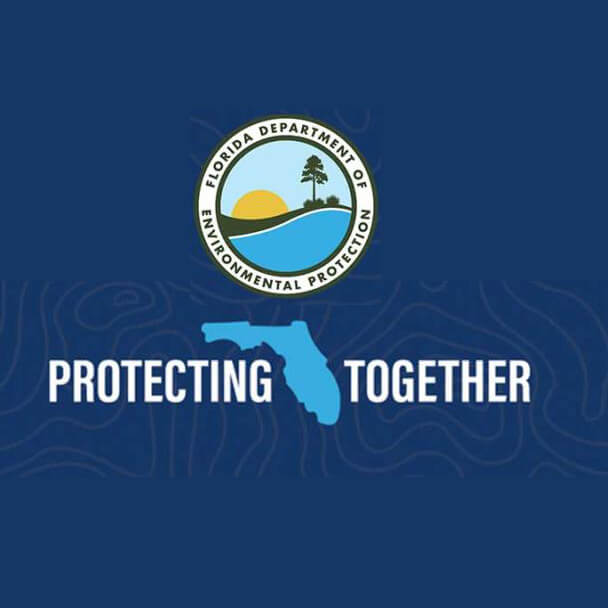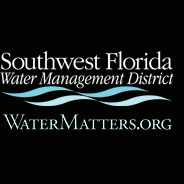Rising to the Challenge: Managing and Preventing Well Water Problems in Florida
Florida's unique geography and climate pose distinctive challenges when it comes to managing well water. As a state with a substantial reliance on well water for both residential and agricultural needs, understanding and addressing potential issues is crucial. This article will explore common well water problems in Florida and discuss preventive measures and management strategies to ensure a sustainable and safe water supply.
1. Groundwater Contamination
Florida's porous geological formations make it susceptible to groundwater contamination. Agricultural runoff, improper waste disposal, and industrial activities can introduce contaminants like nitrates, pesticides, and heavy metals into the groundwater, compromising the quality of well water.
To address this issue, regular water testing is essential. Residents and farmers should regularly test their well water for contaminants and follow best practices for fertilization and waste disposal to prevent groundwater pollution. Implementing proper land-use regulations and promoting eco-friendly agricultural practices are also critical steps in managing this challenge.
2. Saltwater Intrusion
Coastal areas in Florida face the threat of saltwater intrusion into freshwater aquifers. Over-pumping of freshwater wells near the coast can lead to the infiltration of saltwater, rendering the water undrinkable and harmful to crops. Climate change and rising sea levels further exacerbate this problem.
Effective management involves sustainable water use practices, monitoring groundwater levels, and implementing proper zoning regulations to prevent excessive well drilling near coastal regions. The development of alternative water sources, such as desalination plants, can also provide a solution to mitigate the impact of saltwater intrusion.
3. Microbial Contamination
Microbial contamination, including bacteria and viruses, can pose a serious threat to well water quality. Contaminated wells can lead to waterborne diseases and health issues for residents relying on these water sources.
Regular well maintenance, disinfection, and testing for microbial contaminants are crucial preventive measures. Proper well construction and sealing also play a vital role in preventing surface water from infiltrating the well and carrying harmful microorganisms. Public awareness campaigns can educate communities on the importance of well maintenance and monitoring.
4. Declining Water Levels
Florida's increasing population and agricultural demands contribute to declining water levels in wells. Over-extraction of groundwater can lead to wells running dry, affecting both residential and agricultural water supplies.
Implementing water conservation measures, promoting the use of efficient irrigation technologies, and investing in water storage and recharge projects are key strategies to address declining water levels. Monitoring and regulating well pumping rates are essential components of sustainable water management in the face of increasing demand.
5. Hurricanes and Natural Disasters
Florida is prone to hurricanes and tropical storms, which can cause flooding and infrastructure damage, impacting the safety of well water. Contaminants from floodwaters can infiltrate wells, posing a risk to both human health and the environment.
Preparedness and resilience are vital in mitigating the impact of natural disasters on well water systems. Well owners should secure their wells to prevent contamination during floods, and local authorities must have emergency response plans in place to address well water safety in the aftermath of hurricanes and storms.
Conclusion
In conclusion, managing and preventing well water problems in Florida requires a multi-faceted approach that combines scientific research, regulatory measures, community education, and technological innovations. Groundwater contamination, saltwater intrusion, microbial contamination, declining water levels, and the impact of natural disasters are challenges that demand immediate attention and concerted efforts from government agencies, communities, and individuals.
By implementing proactive strategies, investing in sustainable water management practices, and fostering a culture of responsible water use, Florida can ensure the resilience of its well water systems, safeguard public health, and protect its valuable water resources for future generations.





